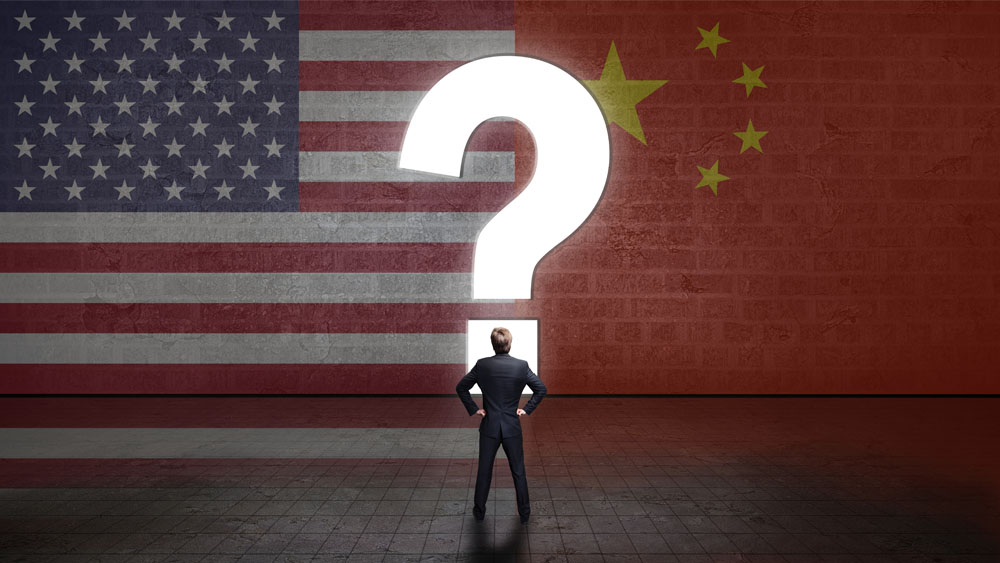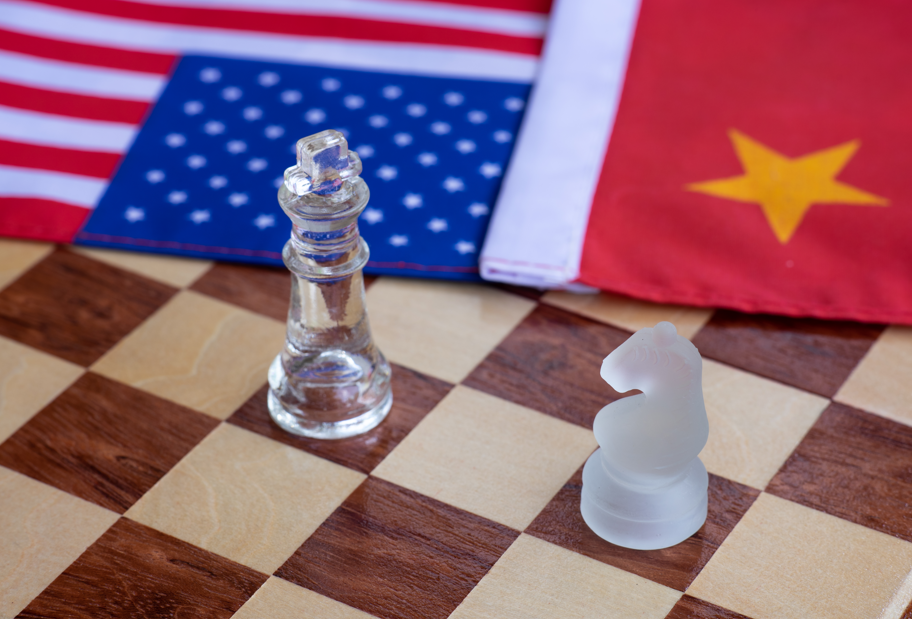Nong Hong, Executive Director, Institute for China-America Studies; Senior Fellow, Beijing Club for International Dialogue
Jan 22, 2024
In 2024 and beyond, the two nations must strive to understand the other’s mindset. Concerted efforts will be needed to mitigate risks and enhance stability. Both should refrain from taking unilateral actions against the other worldwide based on perceptions of maritime security.
Zhong Yin, Research Professor, Research Institute of Global Chinese and Area Studies, Beijing Language and Culture University
Jan 22, 2024
Resuming genuine cooperation is the first step for any party that wants to pursue a stable and healthy relationship in the long-run. China and the United States must continue to carry out the spirit enshrined in the so-called San Francisco Vision.
Philip Cunningham, Independent Scholar
Jan 22, 2024
China and Russia’s maligned relationship looks on the surface to be a new axis of power against the U.S. - but by playing it safe, China seeks to reap the benefits of Russia’s favor without offending the West.
Chen Jimin, Guest Researcher, Center for Peace and Development Studies, China Association for International Friendly Contact
Jan 17, 2024
The U.S. administration under President Joe Biden crafted its approach in two phases. First, it considered China’s capabilities, and then it combined that capability with a presumed intent, believing that China’s intent is to alter the existing international system. That conclusion is built on a weak foundation.

Shao Yuqun, Director, Institute for Taiwan, HK and Macau Studies, Shanghai Institutes for International Studies
Jan 16, 2024
Five critical challenges present themselves in the post-San Francisco summit era: Taiwan, geopolitics, dialogue mechanisms, American elections and the U.S. view of strategic competition. Be prepared for a potentially bumpy ride in 2024.
Joseph S. Nye, Professor, Harvard University
Jan 09, 2024
When Chinese President Xi Jinping met with US President Joe Biden last fall, some interpreted it as a return to engagement. In fact, it heralded only a minor détente, not a major change in policy.
Zhao Minghao, Professor, Institute of International Studies at Fudan University, and China Forum Expert
Jan 05, 2024
While some good things have emerged, the foundation is not yet strong enough. Relations may be warming but no one is scorched by the heat. The overall temperature remains cool. Washington won’t be changing its policy of competition, and political rhetoric during the coming U.S. presidential election year will only add complexity.
Richard Weitz, Senior Fellow, Hudson Institute
Jan 05, 2024
The Biden-Xi meeting in San Francisco was undoubtedly going to lead to new developments in cross-Pacific relations, but one month after the meeting the overall climate between the two rivals has yet to change.

Li Yan, Director of President's Office, China Institutes of Contemporary International Relations
Jan 02, 2024
Renewed attempts to cooperate seem to be bearing fruit recently, but these successes must now pass through the fire of a divided America. The hard-won cooperation potential may well be interrupted by the election cycle in 2024, magnified by an increase in negative rhetoric regarding China.
Su Liuqiang, Research Fellow, SIIS
Sun Chenghao, Fellow, Center for International Security and Strategy of Tsinghua University; Munich Young Leader 2025
Jan 02, 2024
After several years of intense competition, the resilience of China-U.S. relations ultimately showed itself in 2023. While anti-China rhetoric is bound to surface during the coming political election year — primarily from hawkish Republicans — many points of consensus are clear.
Back to Top

- China-US Focus builds trust and understanding between the U.S. and China through open dialogue among thought leaders.
- Our Offerings
- Topics
- Videos
- Podcasts
- Columnists
- Research Reports
- Focus Digest
- Stay Connected
-
Thanks for signing up!
- Get the latest stories from China-US Focus weekly.